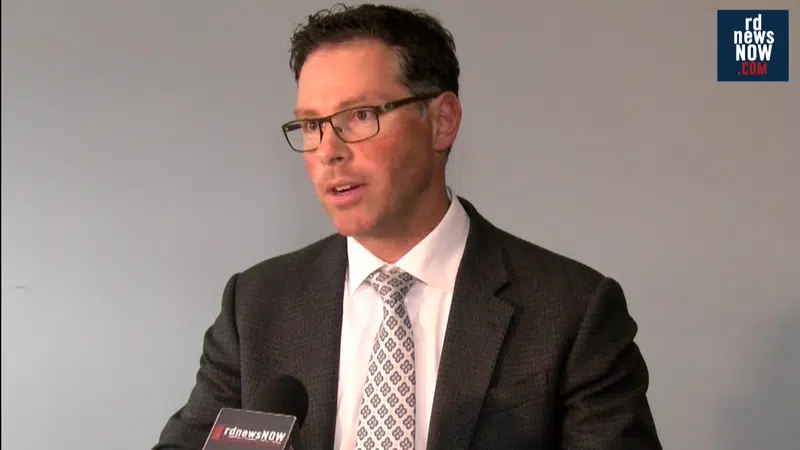
Province assures rural municipalities will receive full police funding despite Opposition claims
Alberta’s United Conservative government is denying any notion that rural municipalities will see cuts to their police funding of up to 70 per cent.
Currently, policing services are covered in full by the province for communities with fewer than 5,000 people.
The NDP Opposition recently highlighted government documents showing the UCP Government is considering a cost recovery model which would see 291 Alberta communities take on policing costs.
NDP leader Rachel Notley suggests such a move could cost individual taxpayers an additional $406 annually, while noting the average family was paying $450 per year through the now-eliminated carbon tax.


